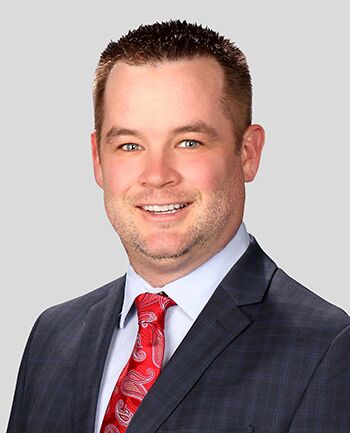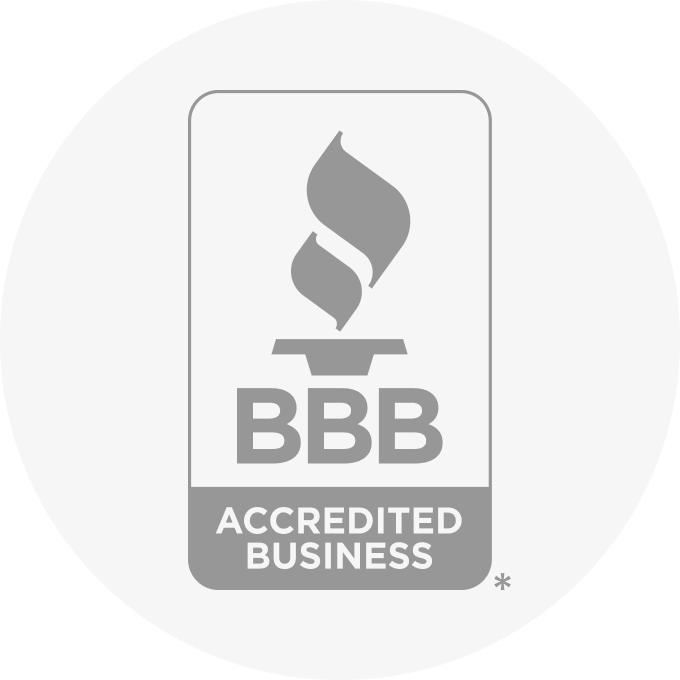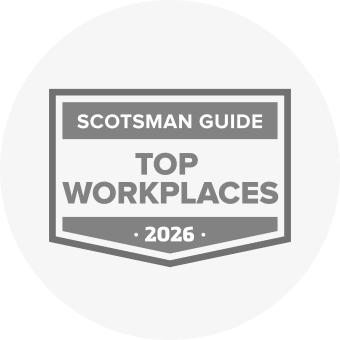
-
- monday: 8:00AM – 5:00PM
- tuesday: 8:00AM – 5:00PM
- wednesday: 8:00AM – 5:00PM
- thursday: 8:00AM – 5:00PM
- friday: 8:00AM – 5:00PM
Your Local CrossCountry Mortgage Loan Officer
Jared Evenson
- Originating Branch Manager
- Spokane Valley, WA Mortgage Loan Officer
- NMLS #104085
Make your mortgage feel like a win
I’m Jared Evenson with CrossCountry Mortgage in Spokane, WA. With more than 15 years in the industry, I’ve built my career around one thing — helping people win in homeownership.
I take a hands-on, straightforward approach to lending. My goal is to make the process simple to understand, smooth to navigate, and genuinely tailored to your goals. Every client’s situation is unique, and I believe the mortgage experience should reflect that.
Whether you’re buying your first home, upgrading, or refinancing, I’ll walk you through every step with clear communication, creative strategy, and the confidence that comes from working with someone who knows how to get it done right.





Jared’s testimonials
Guides and resources
My social posts
How much will my mortgage payment be?
This calculator is being provided for educational purposes only. The results are estimates based on information you provided and may not reflect CrossCountry Mortgage, LLC product terms. The information cannot be used by CrossCountry Mortgage, LLC to determine a customer’s eligibility for a specific product or service.
Join us for local or online event
Inspiration for your home loan journey
Frequently asked questions
-
Non-QM loans use expanded home financing criteria to give borrowers income and credit flexibility. From qualifying with bank statements or 1099 income to purchasing investment properties, Non-QM loans open doors to homeownership many don’t realize are available.
-
Also known as Investor Cash Flow loans, DSCR loans are designed to help real estate investors secure financing with their rental property’s cash flow. Instead of relying on personal income, DSCR loans use the debt service coverage ratio (DSCR) to qualify.
DSCR is calculated by dividing the monthly rental income by principle, interest, property taxes, homeowners insurance and association dues.
-
Since Non-QM loans don’t follow traditional guidelines, they’re considered riskier. That’s why lenders often require a higher down payment, interest rate and other terms.
But Non-QM loans are a safe financing option that benefits many homebuyers. Talk to a CCM loan officer to learn what’s right for you.
-
Bank Statement loans allow you to qualify for a mortgage using your bank statements instead of tax returns. These loans are designed for borrowers who have strong credit and finances but don’t have traditional income, like self-employed workers.
To qualify, you’ll use the average of your deposits over a 12- or 24-month period. If your work doesn’t provide a W-2, this may be the loan for you.
-
ITIN loans give you a way to qualify for home financing without a Social Security number. Instead, your Individual Tax Identification Number (ITIN) makes homeownership possible.
At CrossCountry Mortgage, we provide numerous ways to qualify using an ITIN. Bank statements, liquid assets, 1099 income and more can all be used to buy a home with our ITIN loan.
-
No. Conventional loans follow criteria established by the Consumer Financial Protection Bureau (CFPB). Non-QM loans use different standards that provide flexibility for borrowers who may not meet conventional requirements due to the type of home being purchased, financial circumstances or non-traditional income or employment.
-
Refinance costs vary, but typically range from 2% to 6% of your loan amount. For example, refinancing a $300,000 mortgage may cost $6,000–$18,000. Costs include appraisal, title and lender fees. A CCM loan officer can help calculate your break-even point and long-term savings.
-
A cash-out refinance lets you replace your current mortgage with a new one for more than you owe — taking the difference in cash. Use it for renovations, debt consolidation, tuition, or unexpected expenses by tapping into your home’s equity.
-
Refinancing makes sense when you can lower your interest rate, shorten your loan term, switch to a fixed rate or access equity for cash. If your current mortgage no longer fits your financial goals, it may be time to refinance.
-
To refinance, meet with a CCM loan officer, review your credit, apply for your new loan and submit required documents. After approval, you’ll schedule a closing and start fresh with your new mortgage terms and payment structure.
-
You can typically refinance after six months, but timing depends on loan type, lender and your financial situation. A CCM loan officer can help determine if now’s the right time based on your equity, credit and current interest rates.






